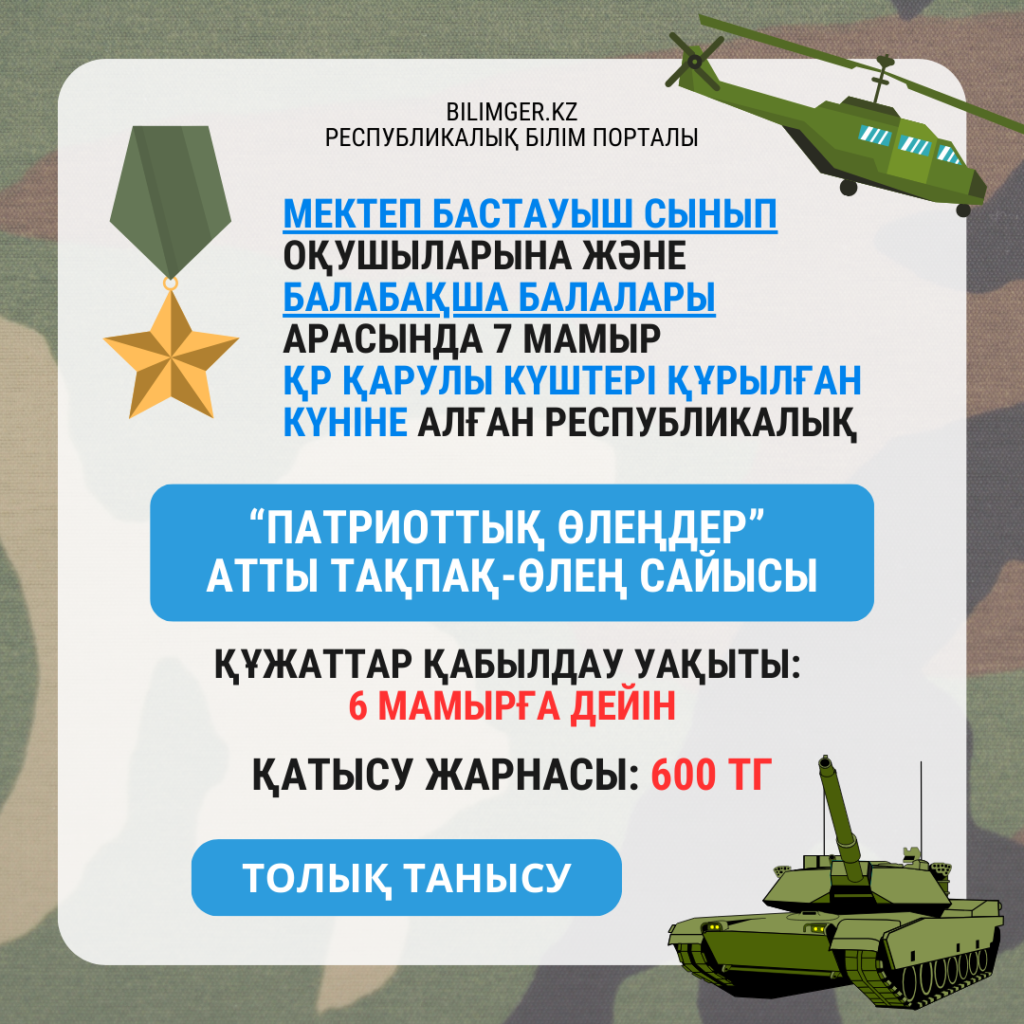Stories about travelling
| Unit 6. Holidays and travel | School: | |||||||||||||||||||||||||||||||||||||||||||||||||||||||||||
| Date: 19.02.2021 | Teacher’s Mubarak Zhansaya | |||||||||||||||||||||||||||||||||||||||||||||||||||||||||||
| Class: 6 a | Number present: | absent: | ||||||||||||||||||||||||||||||||||||||||||||||||||||||||||
| Theme of the Lesson: | · Stories about travelling | |||||||||||||||||||||||||||||||||||||||||||||||||||||||||||
| Learning objective(s) that this lesson is contributing to | 6.6.8.1 use future form will to make offers, promises, and predictions on a growing range of familiar general and curricular topics
6.6.10.1 use present continuous forms with present and future meaning and past continuous forms for background and interrupted past actions on a limited range of familiar general and curricular topics
|
|||||||||||||||||||||||||||||||||||||||||||||||||||||||||||
| Lesson objectives | Today you will learn:
more about travelling; participles as adjectives; order of adjectives. Today you will be able to: identify speaker’s opinion in the talk about travelling; use adjectives in the right order. |
|||||||||||||||||||||||||||||||||||||||||||||||||||||||||||
| Assessment criteria | ü A learner can understand most of the conversation answer at least 3-5 questions of each task
ü A learner can use topic-related vocabulary in speaking ü A learner can provide feedback |
|||||||||||||||||||||||||||||||||||||||||||||||||||||||||||
| Value links | Cooperation, respect to each other, collaborative work, lifelong learning | |||||||||||||||||||||||||||||||||||||||||||||||||||||||||||
| Cross curricular links | Geography, Travelling | |||||||||||||||||||||||||||||||||||||||||||||||||||||||||||
| Previous learning | Going sightseeing | |||||||||||||||||||||||||||||||||||||||||||||||||||||||||||
| Plan | ||||||||||||||||||||||||||||||||||||||||||||||||||||||||||||
| Planned timings | Planned timings | Resources | ||||||||||||||||||||||||||||||||||||||||||||||||||||||||||
| Beginning
0-2
2-7 |
Organizational moment Greeting students. Students discuss learning objectives. Teacher focuses students on the main goal of the lesson.
Warm –up. Teacher attracts learners’ attention the task. The activity is for vocabulary revision. Learners look at the pictures and match them with the words given.
|
|||||||||||||||||||||||||||||||||||||||||||||||||||||||||||
| Middle
7-12
12-20
20-35 |
Participial Adjectives
He was scared of mosquitoes and seemed worried.
Scared means to be frightened. Scaring means to frighten a person.
It was like an amazing and thrilling show. Amazing means causing great surprise. Thrilling means producing sudden and strong emotion. We were amazed by the show. Amazed means greatly surprised. Thrilled means extremely pleased.
The friends seemed confused and didn’t want to try it. Confused means in a disordered state; mixed up; jumbled.
The words in bold relate to Participial Adjectives. Some participles can be used as adjectives in either the present or past form: Present Participle (-ing) is used to describe something or someone: interesting, exciting, disappointing, boring, confusing, amazing, thrilling. It was an amazing and thrilling show. Past Participle (-ed) is used to describe how people feel about something or someone: interested, excited, disappointed, bored, confused, amazed, thrilled. The boys seemed confused. The situation was confusing. Order of adjectives He was scared of angry little mosquitoes and seemed worried. On Saturday morning the three friends set off. They took big plastic suitcases and big blue backpacks.
In the examples given above the adjectives before nouns are in particular order. When more than one adjective comes before a noun, the adjectives usually occur in a specific order:
Task 1.Click the adjectives that mean opinion. Number of correct answers: 3 Dangerous Red Big Grey Boring Exciting New
Task 2. Drag the most suitable word from the box to complete the sentence. scaring-scared Lord Voldemort was really scaring , everybody was scared of him. thrilled-thrilling Everyone was thrilled with “Harry Potter and Philosopher’s stone’novel. It was really thrilling. |
|||||||||||||||||||||||||||||||||||||||||||||||||||||||||||
| End
35-40 |
At the end of the lesson, learners reflect on their learning:
* What was the most interesting task? * What was the most challenging task? Why?
Home task: Ex 3 |
|||||||||||||||||||||||||||||||||||||||||||||||||||||||||||
| DIFFERENTIATION – how do you plan to give more support? How do you plan to challenge the more able learners? | ASSESSMENT – how are you planning to check learners’ learning? | Health and safety rules
|
||||||||||||||||||||||||||||||||||||||||||||||||||||||||||
| As it is a revision lesson, learners need to assess individually what they have learnt. | Monitoring learners’ while doing different activities during the lesson and providing different types of feedback (on the sport or delayed).
Self-assessment and peer-assessment |
Make sure power cords are not a tripping hazard
Everyday classroom precautions |
||||||||||||||||||||||||||||||||||||||||||||||||||||||||||




